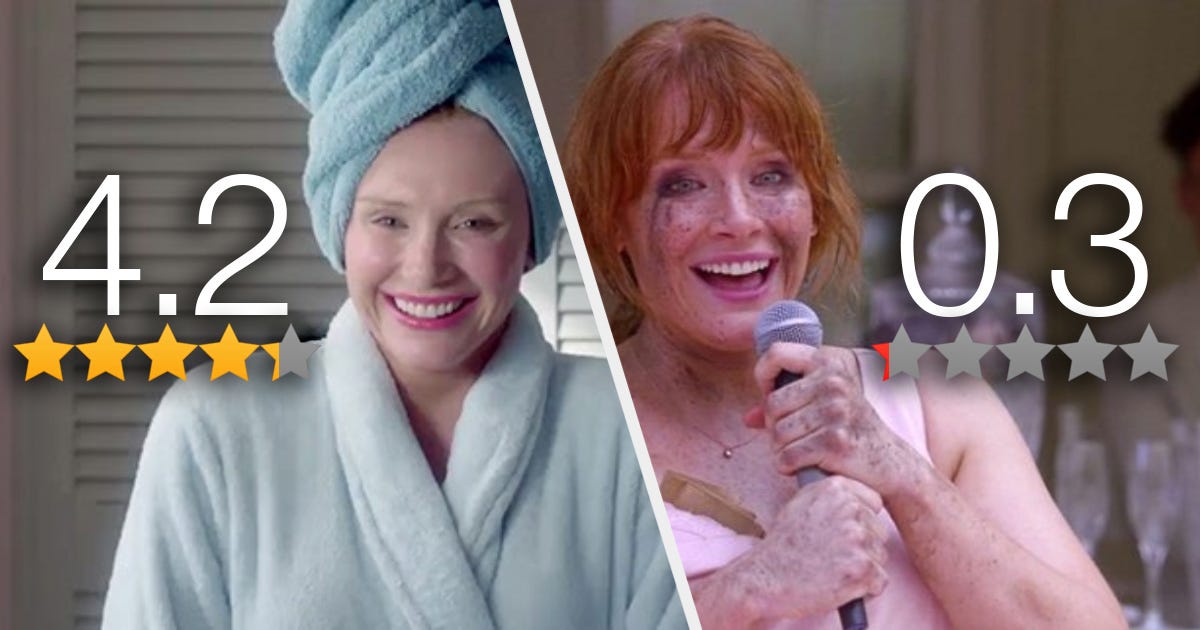There is a very revered ancient group of saints known as the Desert fathers and mothers. They were hermits, ascetics, and monks from the third and fourth centuries who lived, worshipped and served God in the wilderness of the Egyptian desert. St. Mary of Egypt is perhaps a saint that we don’t know much about. Yet, her life is a fascinating story and example of conversion, transformation and human life being touched by God himself. After her conversion in Jerusalem, she spent her entire life in the desert in solitude, away from everyone and everything. She never read or studied the Bible, and yet was known to quote Scriptures by heart because the Holy Spirit imprinted the Word of God directly into her soul. She also never received the Holy Communion except for once, right before her passing.
Unlike St. Mary of Egypt and the Desert Fathers, we live in a world where the noise of our daily routines, the toxic spiritual, emotional pollution created by our worries and anxieties clouds and prevents us from nurturing and growing the same profound and direct relationship with God. That is precisely why we have the Church and sacraments that continuously restore and reinstate our faith and communion with God. Eucharist is the most important and precious sacrament, offering an ultimate experience and encounter with the life-giving and healing Lord through the Communion with his body and blood. In the Catholic tradition, the Eucharist is known as “the most blessed sacrament of the Eucharist” (The Catechism of the Catholic Church #1374), and in the Orthodox Church it is often called the “sacrament of sacraments”.
Today, we heard the voice of our Lord resonating through the reading from the Gospel of St. John, saying “I am the bread of life. Whoever comes to me will never go hungry, and whoever believes in me will never be thirsty” (John John 6:35). The Eucharist does not merely satisfy or temporarily reveal our emotional, physical and spiritual hunger, thirst, pain and suffering. There is real power and permanence in that Gospel passage describing how the holy Eucharist transforms our lives by drawing us to the presence of our Lord.
Eucharist is the beating heart of the Church and Christian life that circulates the life-giving presence of our Lord within us, rejuvenates, and heals our souls and also bodies. The Eucharist is a spiritual journey to the loving embrace of the Lord. It is through our Eucharistic communion and participation in the Divine Liturgy that we encounter the Lord. It is the Eucharist that empowers and gives us the spiritual and physical strength to continue our journey, live lives and practice faith that leads us toward the Lord, towards salvation, wholeness and holiness.
Renowned liturgical theologian Fr. Alexander Schmemann likened receiving the Holy Communion to stepping into a sacred dimension: “It is an entrance into a fourth dimension which allows us to see the ultimate reality of life. It is not an escape from the world, rather it is the arrival at a vantage point from which we can see more deeply into the reality of the world.”
Indeed, the Badarak and the Holy Eucharist are the divine gateways through which we literally step into the presence and holiness of God. Our fears, anxieties and worries, our physical and mental infirmities are exposed to the healing rays of our Savior and Lord. The hymns, the chants and prayers of the Badarak continuously remind and invite us to “Draw near to the Lord and take the light, taste and see that the Lord is sweet”, to whom glory, dominion and honor today and forever, amen.


